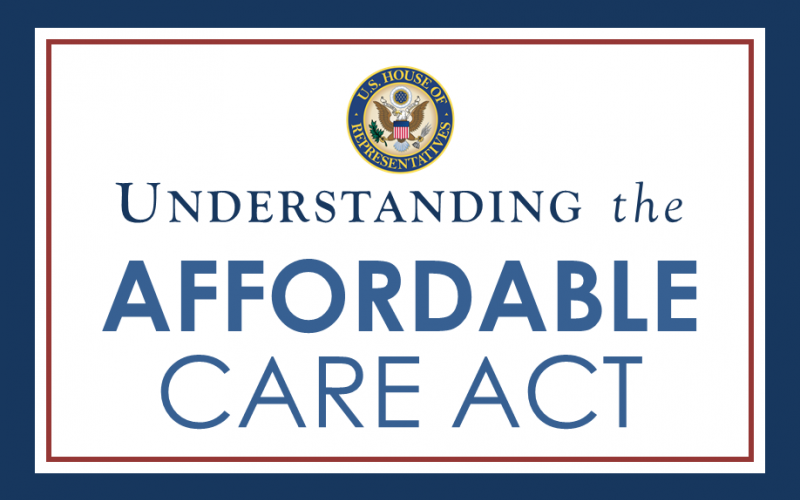ANOTHER FIX SLAPPED INTO PLACE
Employers may soon be able to use a key money-saving strategy that was recently taken away from them by the Affordable Care Act (ACA).The 21st Century Cures Act was just signed into law and, among other things, it allows small employers to maintain general purpose stand-alone health reimbursement arrangements(HRAs) without violating the ACA.Now, beginning Jan. 1, 2017, small employers (those with fewer than 50 full-time equivalent employees) will be allowed to start establishing HRAs to provide employees with pre-tax money to pay for health insurance premiums on the open market.If you recall, the IRS took a hard-line stance against stand-alone HRAs after the passage of Obamacare. In an FAQ, the agency clarified that if employers set up a plan that contributes un-taxed money to employees to help them pay for insurance premiums (i.e., a stand-alone HRA), it violates the health reform law.The IRS’ reasoning behind its stance:
Providing employees with a predetermined dollar amount in an HRA that they could apply toward the purchase of health coverage in the individual health insurance market violated the healthcare reform law’s ban on lifetime and annual dollar limits on coverage.The IRS warned employers it could slap them with a $100 per day, per employee fine for setting up such a plan — for a potential maximum annual penalty of $36,500 per employee.The new law essentially overrides the IRS’ previous stance on stand-alone HRAs — at least for small employers.To be a qualified small-employer HRA under the law, the HRA must be provided on the same terms to all eligible employees. However, the act does allow benefits under the HRA
to vary based on age and family-size variations in the insurance policies employees obtain.The long, complex bill also includes provisions geared toward tweaking the Mental Health Parity Act — by mandating things such as audits of plans and insurers that have violated the Mental Health Parity Act at least five times — and clarifying the use of protected health information (PHI) under HIPAA.It won’t matter in a few weeks either way, but it’s nice to have it.

POST A COMMENT